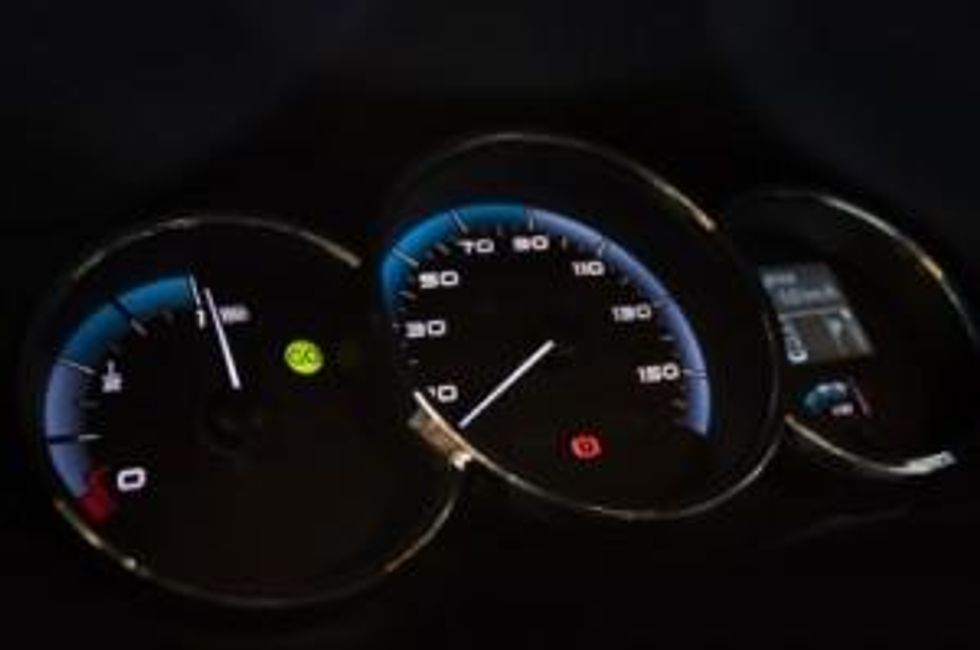Magnesium-Ion Batteries May Revolutionize Car Industry
Magnesium-ion may replace lithium-ion batteries to make electric cars cheaper and go farther, or so some hope. But the reality is still a decade away.
By Shihoko Goto – Exclusive to Magnesium Investing News
The United Nations climate change conference in South Africa this week is unlikely to push governments to take drastic steps to tackle the challenges of climate change, but that does not mean there is no interest in developing green technologies. In fact, more businesses across the globe are eager to seek ways to become more environmentally sustainable, and with magnesium-ion batteries coming into the spotlight, the commodities industry is no exception.
Certainly, there has been plenty of chatter about magnesium’s potential in the clean technology market, especially when it comes to developing energy-efficient automobiles. Car manufacturers are racing to produce vehicles that will meet the US energy law which requires the average fleet to increase mileage per gallon to 35 by 2020, while the European Union’s emissions law requires car manufacturers to cut down carbon dioxide emissions to 95 grams per kilometer by 2020. It is not surprising then that a Silicon Valley venture capital group, Khosla Ventures, is investing in a spin-off company of the Massachusetts Institute of Technology, Pellion Technologies, that is in the midst of developing magnesium-ion batteries which some researchers say could potentially replace lithium-ion batteries. Not only is magnesium cheaper than lithium, it also has the potential to have twice the energy density of the lithium-ion batteries that are currently being used in electric cars as well as many electronic devices.
According to Pellion Technologies, if their research is successful, “this project will develop the first commercial magnesium-ion battery and will establish US technological leadership in this exciting new high energy battery chemistry for electrified vehicle applications.” Hence, the US Department of Energy’s backing of the project through a $3.2 million Advanced Research Projects Agency-Energy (ARPA-E) grant last year, following Khosla Ventures’ first step to provide the company seed money in 2009.
Still, Pellion has competition too, most notably from Toyota Motor Corp (TYO:7203), which announced earlier this year that its research center in Ann Arbor, Michigan, too is developing magnesium batteries for a new line of electric cars that would not only be cheaper to make than current models, but go twice the distance on a single charge.
The problem, however, is that neither Pellion nor Toyota expect magnesium-ion batteries to be commercially available before 2020. Moreover, there is concern about developing a cathode that will work together with a magnesium metal anode. Pellion has not made clear what materials may complement magnesium the best to maximize the metal’s performance, but it reported has focused on about a dozen possible materials.
As for Toyota, even as it is researching the possibility of magnesium batteries, it has continued to build an extensive supply chain for lithium-ion batteries, with Panasonic (TYO:6752) being its main battery partner, which in turn bought out global lithium-ion batteries giant Sanyo in 2008. Meanwhile, Khosla Ventures too is betting on all-solid state lithium battery research group Seeo and lithium-ion technology group Sakti3 as it continues to invest in Pellion. Clearly, those actually in the business of developing the potential of magnesium-ion batteries themselves are hedging their bets as to what the next new rechargeable energy source can be.
So while the potential of rechargeable magnesium-ion batteries may be great, it is not surprising that magnesium producers themselves are not holding their breaths for any technological breakthrough to lead them to change their business operations any time soon.
“There’s nothing really beyond lab work right now… and it’s ten years away at least,” said Alex Markin, Managing Director of the International Magnesium Group, a wholly owned subsidiary of China Direct Industries (NASDAQ:CDII). As a result, no magnesium producer has yet to take into consideration the potential of magnesium-ion batteries when pricing or producing the metal over the next few years.
I, Shihoko Goto, have no direct interests in any of the companies mentioned in this article.

